Certain serious and life-threatening diseases that occur in HIV-positive people are called AIDS-defining illnesses. What Is AIDS.
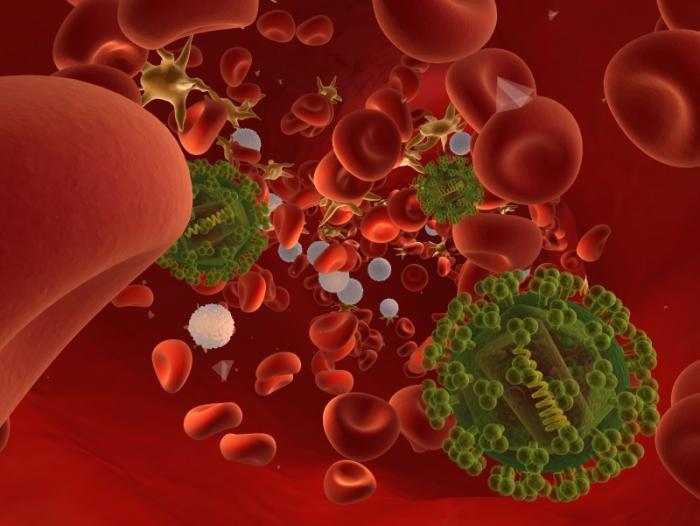 Hiv New Powerful Technique Finds Dormant Virus Hiding In Rare Cells
Hiv New Powerful Technique Finds Dormant Virus Hiding In Rare Cells
OIs are serious infections that take advantage of your weak immune system.
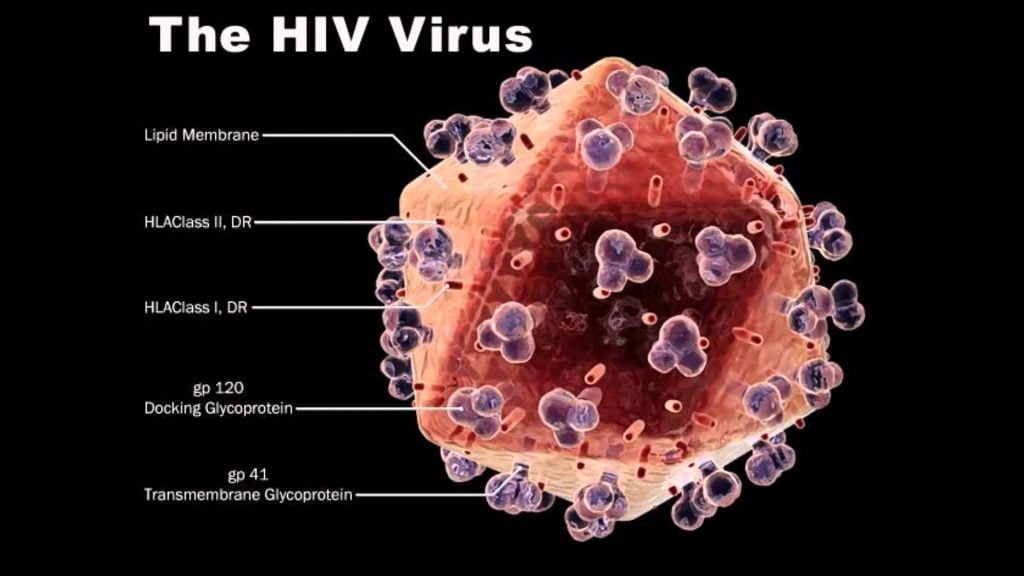
Is aids a virus or bacteria. HIV spreads when blood or certain bodily fluids that have high amounts of active virus like semen vaginal fluids rectal fluids or breast milk are exposed to ones bloodstream. When a person gets one of these illnesses he or she is diagnosed with the advanced stage of HIV infection known as AIDS. How viruses make us sick A virus is the simplest of germsit is nothing but genetic material encased in protein.
People with AIDS have badly damaged immune systems. The virus is transmitted through bodily fluids such as blood semen. AIDS acquired immunodeficiency syndrome is the most severe stage of HIV Stage 3.
They get an increasing number of severe illnesses called opportunistic infections OIs. There is currently no effective cure. It destroys the white blood cells that fight infection.
Viruses cause colds and flus as well as more serious conditions such as HIVAIDS Ebola and COVID-19. HIV specifically targets CD4 cells the bodys principal defenders against infection using them to make copies of themselves. AIDS stands for acquired immunodeficiency syndrome.
If HIV is not treated it can lead to AIDS acquired immunodeficiency syndrome. AIDS is a condition While HIV is a virus that may cause an infection AIDS which is short for acquired immunodeficiency syndrome is a condition. This puts you at risk for opportunistic infections OIs.
In the US most people with HIV do not develop AIDS because taking HIV medicine every day as prescribed stops the progression of the disease. In some cases it may be difficult to determine whether a bacterium or a virus is causing your symptoms. HIV human immunodeficiency virus is a virus that attacks the bodys immune system.
AIDS is the late stage of HIV infection that occurs when the bodys immune system is badly damaged because of the virus. The Centers for Disease Control and Prevention CDC has developed a list of these illnesses see below. The human immunodeficiency virus or HIV is a virus that attacks the immune system specifically CD4 cells or T cells.
There is no cure for HIV but treatment with HIV medicines called antiretroviral therapy or ART can slow or. Diseases caused by viruses include. Antiretroviral drugs target specific stages of the HIV lifecycle to stop HIV from replicating.
People receive an AIDS diagnosis when. Key Points HIV stands for Human Immunodeficiency Virus a pathogen that works by attacking the human immune system. HIV is a virus that targets and alters the immune system increasing the risk and impact of other infections and diseases.
Researchers debate whether a virus is even alive. Once people get HIV they have it for life. For a person to.
Without treatment the infection might progress to an advanced stage. The human immunodeficiency viruses HIV are two species of Lentivirus a subgroup of retrovirus that infect humansOver time they cause acquired immunodeficiency syndrome AIDS a condition in which progressive failure of the immune system allows life-threatening opportunistic infections and cancers to thrive. Having HIVAIDS weakens your bodys immune system.
This condition is acquired meaning that a person becomes infected with it. Both of these pathogens are invisible to the naked eye allowing for their stealthy transfer from person to person during an outbreak of a contagious disease. Contracting HIV can lead to.
Many ailments such as pneumonia meningitis and diarrhea can be caused by either bacteria or viruses. Systemic diseases caused by viral infection include influenza measles polio AIDS and COVID-19 The two most common causative agents of infectious disease are the virus and bacterium. A person with HIV is considered to have progressed to AIDS when.
Without treatment average survival time after infection with HIV is estimated. HIV affects a persons immune system the part of the body that fights off germs such as bacteria or viruses. The three stages of HIV infection are 1 acute HIV infection 2 chronic HIV infection and 3 acquired immunodeficiency syndrome AIDS.
 This Is How Hiv Decides To Become Active
This Is How Hiv Decides To Become Active
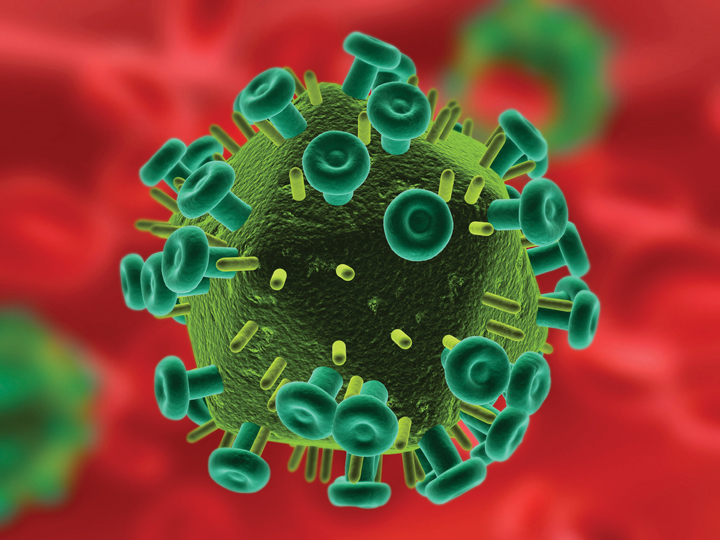 Hiv Fighting Virus With Virus Graduate College The University Of Iowa
Hiv Fighting Virus With Virus Graduate College The University Of Iowa
/https://public-media.si-cdn.com/filer/17/23/1723f572-3afb-4004-8500-cb9fa4a9190c/42-62354783.jpg) Hiv S Ability To Cause Aids Is Weakening Smart News Smithsonian Magazine
Hiv S Ability To Cause Aids Is Weakening Smart News Smithsonian Magazine
 Human Immunodeficiency Virus Hiv Infection Infections Merck Manuals Consumer Version
Human Immunodeficiency Virus Hiv Infection Infections Merck Manuals Consumer Version
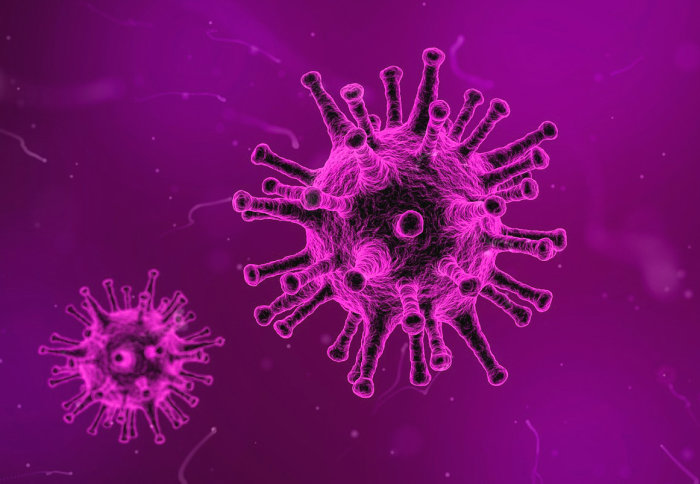 Microbiome S Link To Hiv Infection Risk To Be Investigated In New 2m Study Imperial News Imperial College London
Microbiome S Link To Hiv Infection Risk To Be Investigated In New 2m Study Imperial News Imperial College London
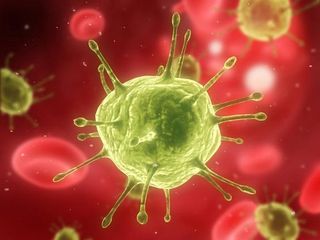 Aids Hiv Treatment Prevention Live Science
Aids Hiv Treatment Prevention Live Science
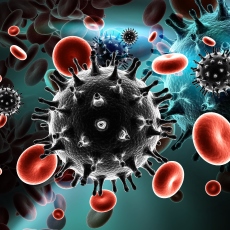 Hiv Aids And Infections Opportunistic Infection Medlineplus
Hiv Aids And Infections Opportunistic Infection Medlineplus
 Virus Vs Bacteria Marina Appelbaum
Virus Vs Bacteria Marina Appelbaum


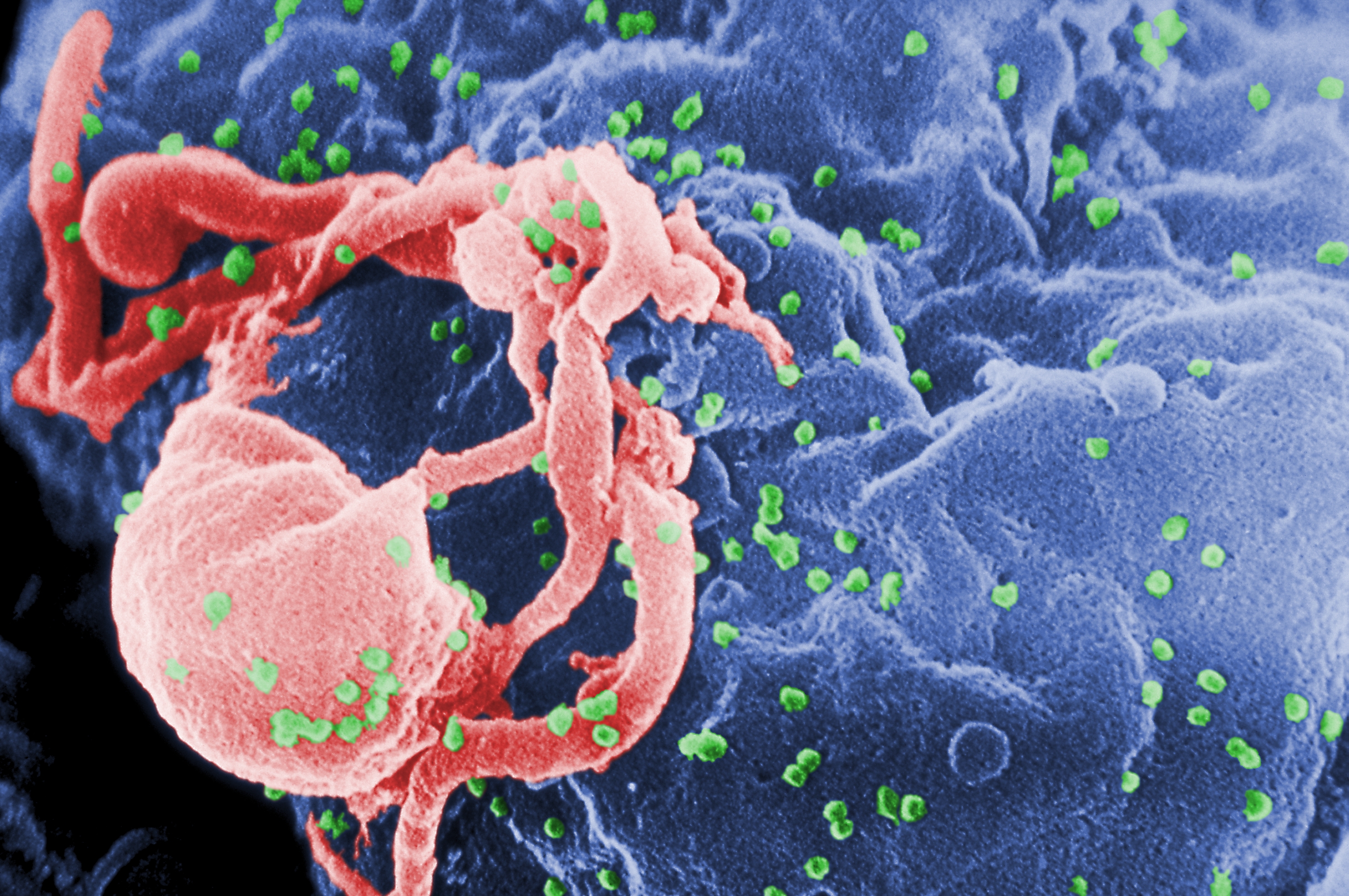


No comments:
Post a Comment
Note: Only a member of this blog may post a comment.